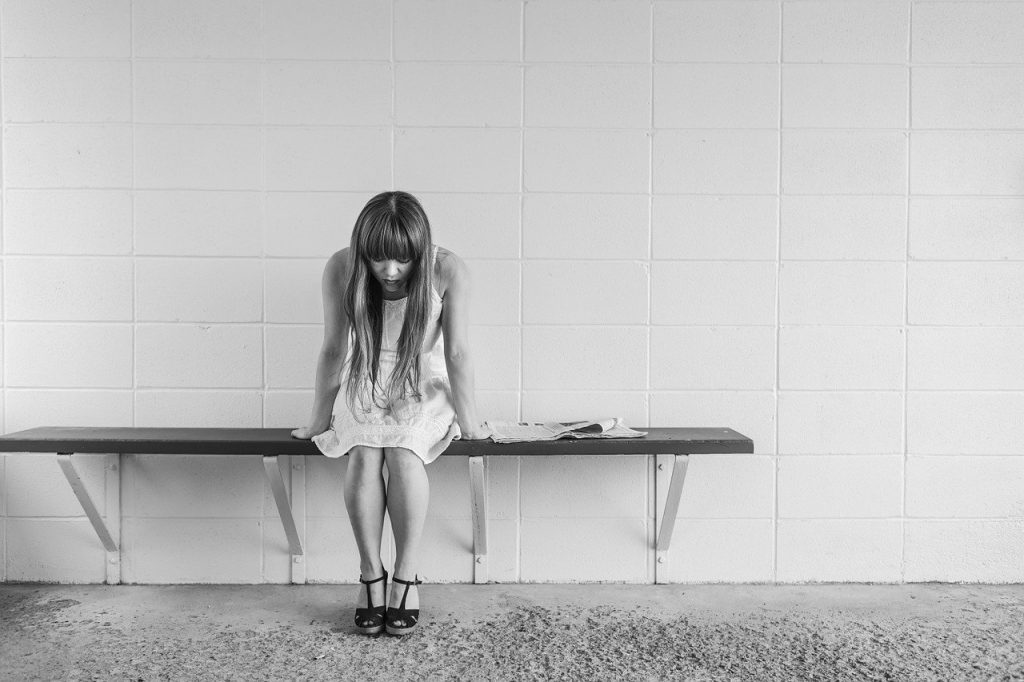Depression is a common mental health disorder characterized by persistent feelings of sadness, hopelessness, and a lack of interest or pleasure in activities that were once enjoyable. It can affect individuals of all ages, genders, and cultural backgrounds and can have a significant impact on daily life, relationships, and overall well-being.
The exact cause of depression is unknown, but it is believed to be a result of a combination of factors, including genetics, brain chemistry, and life experiences. Traumatic events, such as the loss of a loved one, abuse, or financial hardship, can trigger depression. Chronic stress, medical conditions, and substance abuse can also contribute to the development of depression.
There are a variety of symptoms associated with depression, including:
- Persistent feelings of sadness, hopelessness, or emptiness
- Loss of interest in activities that were once enjoyable
- Fatigue and decreased energy levels
- Insomnia or excessive sleeping
- Changes in appetite and weight
- Difficulty concentrating and making decisions
- Thoughts of suicide or self-harm
It is important to note that everyone experiences depression differently, and symptoms may vary in intensity and duration. If you are experiencing symptoms of depression, it is important to seek help from a healthcare provider.
Treatment for depression typically involves a combination of therapy and medication. Cognitive behavioral therapy (CBT) is a type of therapy that helps individuals identify and change negative thought patterns that contribute to depression. Antidepressant medication can also be effective in reducing symptoms of depression by correcting imbalances in brain chemistry.
In addition to professional treatment, there are several self-care strategies that can help manage symptoms of depression:
- Exercise: Regular physical activity has been shown to be an effective way to reduce symptoms of depression. Exercise releases endorphins, which are natural mood boosters.
- Mindfulness and meditation: Mindfulness and meditation practices can help individuals focus on the present moment and reduce stress and anxiety.
- Healthy eating: Eating a balanced diet and avoiding junk food can help regulate energy levels and mood.
- Connecting with others: Spending time with friends and family, volunteering, or joining a support group can help individuals feel less isolated and increase feelings of support.
- Getting enough sleep: Lack of sleep can exacerbate symptoms of depression, so it is important to get at least 7-8 hours of sleep each night.
- Avoiding substance abuse: Substance abuse can worsen symptoms of depression and lead to addiction, so it is important to avoid drugs and alcohol.
It is important to remember that depression is treatable and that seeking help is a sign of strength, not weakness. Recovery is possible, and with the right support, individuals can learn to manage their symptoms and live a fulfilling life.
In conclusion, depression is a common mental health disorder characterized by persistent feelings of sadness and hopelessness. The exact cause of depression is unknown, but a combination of factors, including genetics, brain chemistry, and life experiences, can contribute to its development.
Treatment for depression typically involves a combination of therapy and medication, and self-care strategies, such as exercise, mindfulness and meditation, and connecting with others, can also be effective in managing symptoms. If you are experiencing symptoms of depression, it is important to seek help from a healthcare provider and to remember that recovery is possible.








